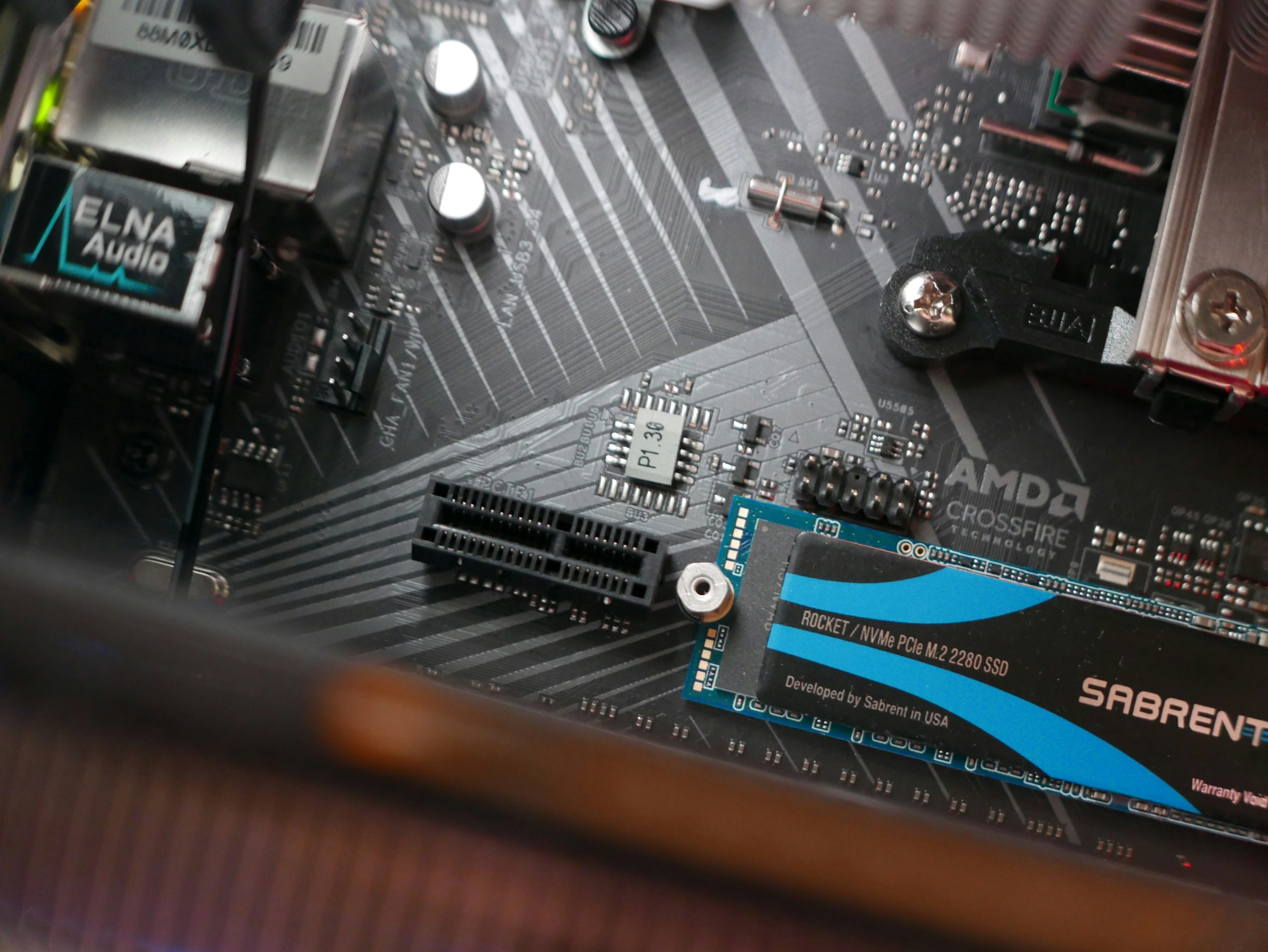Understanding Processor Speed: What It Means for Your Devices
Welcome to the world of technology, where hardware specifications and numbers determine the performance of our devices. As consumers, we often find ourselves overwhelmed by the technical jargon used to describe the capabilities of electronic devices, and one of the most commonly used terms is “processor speed.” But what exactly does processor speed mean, and how does it affect the performance of your devices? In this article, we will break down the concept of processor speed and help you understand its significance in the current tech landscape.
The Basics of Processor Speed
Before diving into the details, let’s first define what a processor is. A processor, also known as a central processing unit (CPU), is the brain of your device. It is responsible for carrying out all the instructions and calculations needed for your device to function. The speed at which these instructions are processed is what we refer to as “processor speed.”
The processor speed is measured in hertz (Hz), and it indicates the number of operations the processor can perform in one second. For example, a processor with a clock speed of 2.5 gigahertz (GHz) can carry out 2.5 billion operations per second. Generally, the higher the clock speed, the faster and more powerful the processor is. However, it’s essential to note that other factors, such as the number of cores and cache size, also play a significant role in determining the overall performance of a processor.
The Impact of Processor Speed on Your Devices
Computers
One of the most common devices that require a powerful processor is a computer. Whether it’s a desktop or a laptop, the processor speed can significantly impact its performance. A faster processor can handle more complex tasks and run multiple applications simultaneously without slowing down. If you’re someone who uses their computer for video editing, gaming, or any other demanding tasks, a high-speed processor is a must.
On the other hand, if you’re a casual user who only needs a computer for everyday tasks such as web browsing and document editing, a lower speed processor will suffice. It’s also worth mentioning that newer software and applications are designed to take advantage of faster processors, so if you’re planning to upgrade your computer, consider opting for a faster processor.
Smartphones and Tablets
In recent years, smartphones and tablets have become a significant part of our daily lives, and these devices use processors too. A powerful processor in a smartphone or tablet can result in faster app loading times, smoother multitasking, and better overall performance. Additionally, with the rise of mobile gaming, processor speed has become even more crucial. If you’re someone who enjoys playing heavy games on your mobile device, investing in a smartphone or tablet with a higher clock speed will make a noticeable difference in your gaming experience.
Factors That Affect Processor Speed
Clock Speed
We’ve already established that clock speed is a crucial factor in determining processor speed. Essentially, the higher the clock speed, the faster the processor. However, don’t fall into the trap of always opting for the fastest clock speed available. As mentioned earlier, other factors come into play when considering processor performance, so it’s essential to factor in those too.
Number of Cores
Most modern processors come with multiple cores, with the most common being dual-core, quad-core, and octa-core. Having multiple cores allows for the simultaneous processing of multiple instructions, resulting in faster performance. For example, two or more cores working together at 2 GHz could outperform a single-core processor at 4 GHz. So, if you’re comparing processors with different clock speeds, it’s crucial to consider the number of cores as well.
Cache Size
The cache is a small amount of memory located on the processor chip that stores frequently used data. The larger the cache size, the faster the processor can access this data, resulting in improved performance. Most processors come with three levels of cache, with the level 3 cache being the largest and fastest. When comparing processors, it’s worth checking the cache size and its levels.
Conclusion
In conclusion, processor speed is a crucial aspect when considering the performance of electronic devices. However, it’s not the only factor that affects performance. When buying a device, it’s essential to consider other components such as the number of cores and cache size to ensure you’re getting the best value for your money. We hope this article has helped you gain a better understanding of processor speed and how it impacts your devices. With this knowledge, you can now make more informed decisions when it comes to purchasing new devices or upgrading your existing ones.










